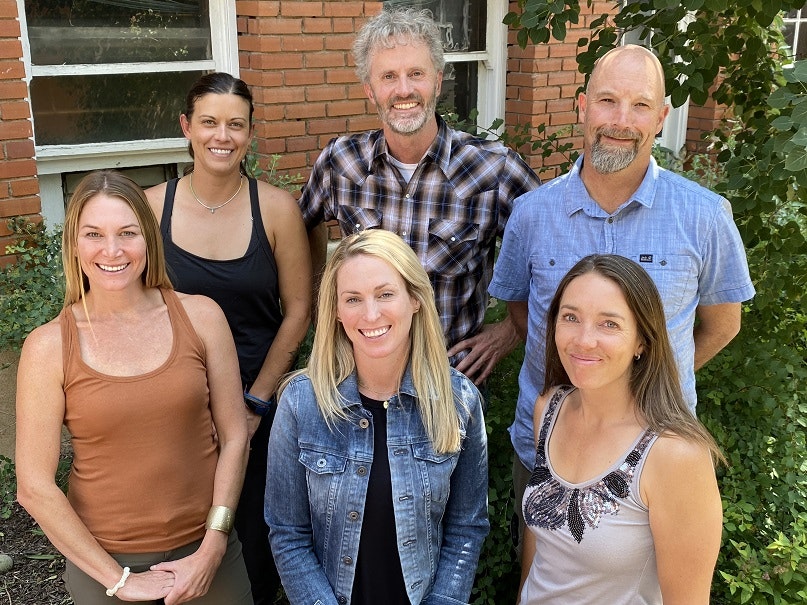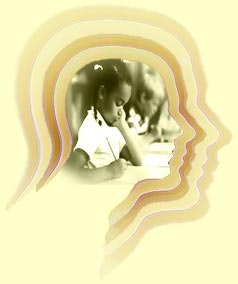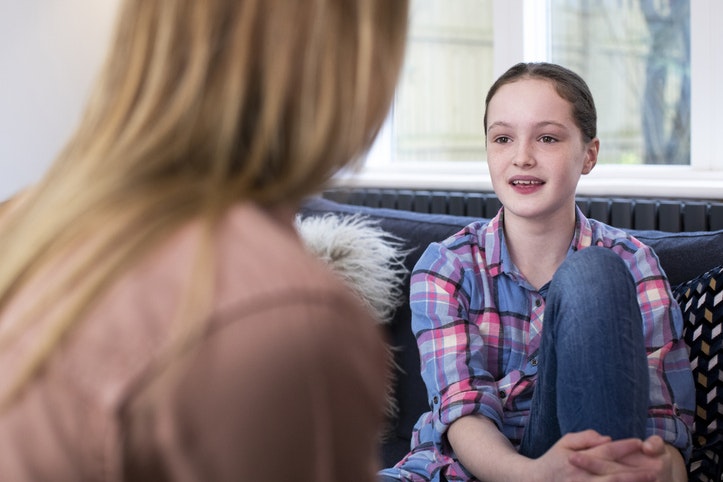School Psychology


School Psychologists
School psychologists work to find the best solution for each student and situation; they use different strategies to address student needs and to improve school and district-wide support systems.
School psychologists work with students individually and in groups. They also develop programs to train teachers and parents about effective teaching and learning strategies, techniques to manage behavior at home and in the classroom, working with students with disabilities or with special talents, addressing abuse of drugs and other substances, and preventing and managing crises. School psychologists provide the following services:
Consultation
- Collaborate with teachers, parents, and administrators to find effective solutions to learning and behavior problems.
- Help others understand child development and how it affects learning and behaviour.
- Strengthen working relationships between teachers, parents, and service providers in the community.
Evaluation

- Evaluate eligibility for special services.
- Assess academic skills and aptitude for learning.
- Determine social-emotional development and mental health status.
- Evaluate learning environments.
Intervention
- Provide psychological counselling to help resolve interpersonal or family problems that interfere with school performance.
- Work directly with children and their families to help resolve problems in adjustment and learning.
- Provide training in social skills and anger management.
- Help families and schools manage crises such as death, illness, or community trauma.
Prevention
- Design programs for children at risk of failing at school.
- Promote tolerance, understanding, and appreciation of diversity within the school community.
- Develop programs to make schools safer and more effective learning environments.
- Collaborate with school staff and community agencies to provide services directed at improving psychological and physical health.
- Develop partnerships with parents and teachers to promote healthy school environments.
Research and Planning
- Evaluate the effectiveness of academic and behavior management programs.
- Identify and implement programs and strategies to improve schools.
- Use evidence-based research to develop and/or recommend effective interventions.
Parent Resources
- Colorado Department of Education - School Psychologist
- Early Intervention Colorado- Information for early childhood development and resources in Colorado. English Language Learners (ELL) too.
- Colorado School Safety Resource- This site provides information and resources related to bullying, responding to bullying and empowering children to build positive relationships.
- Second Wind Fund- This site provides information and some warning signs related to suicide and teen depression.
Professional Resources- links for School Psychologists and Special Educators
Health and Social History QuestionnaireSocial-Developmental History Questionnaire
- MHS Online Assessment Center (Conners III, ASRS, CCBRS, CDI-II, etc)
- Q Global Pearson's Online Assessment (WIAT III, WPPSI-IV, DIAL IV, etc)
- American Academy of Child and Adolescent Psychiatry
- NAEYC Play Resources for Teachers & Families
- National Association of School Psychologists
- National Mental Health Association of America
Information on Disorders and Disabilities:
- Children and Adults with Attention Deficit/Hyperactivity Disorder- Information in Spanish and English about ADHD including support groups.
- Colorado Kids with Brain Injuries- A resource network relating to traumatic brain injury for parents, educators, and professionals. Contains links to Colorado Brain Injury Alliance & Colorado Department of Education (CDE). Available in Spanish.
- National Institute of Mental Health- This website has information and online publications for several mental health issues including: anxiety disorders like Obsessive-Compulsive Disorder (OCD) and Post Traumatic Stress Disorder (PTSD); Attention Deficit Hyperactivity Disorder (ADHD), Autism Spectrum Disorders including a parent's handbook, Bipolar Disorder, Eating Disorders, Depression, etc.
- Response to Intervention (RTI): Guidelines for Parents and Practitioners by James B. Hale, Ph. D.- A family friendly description of the RTI process. (PDF)
